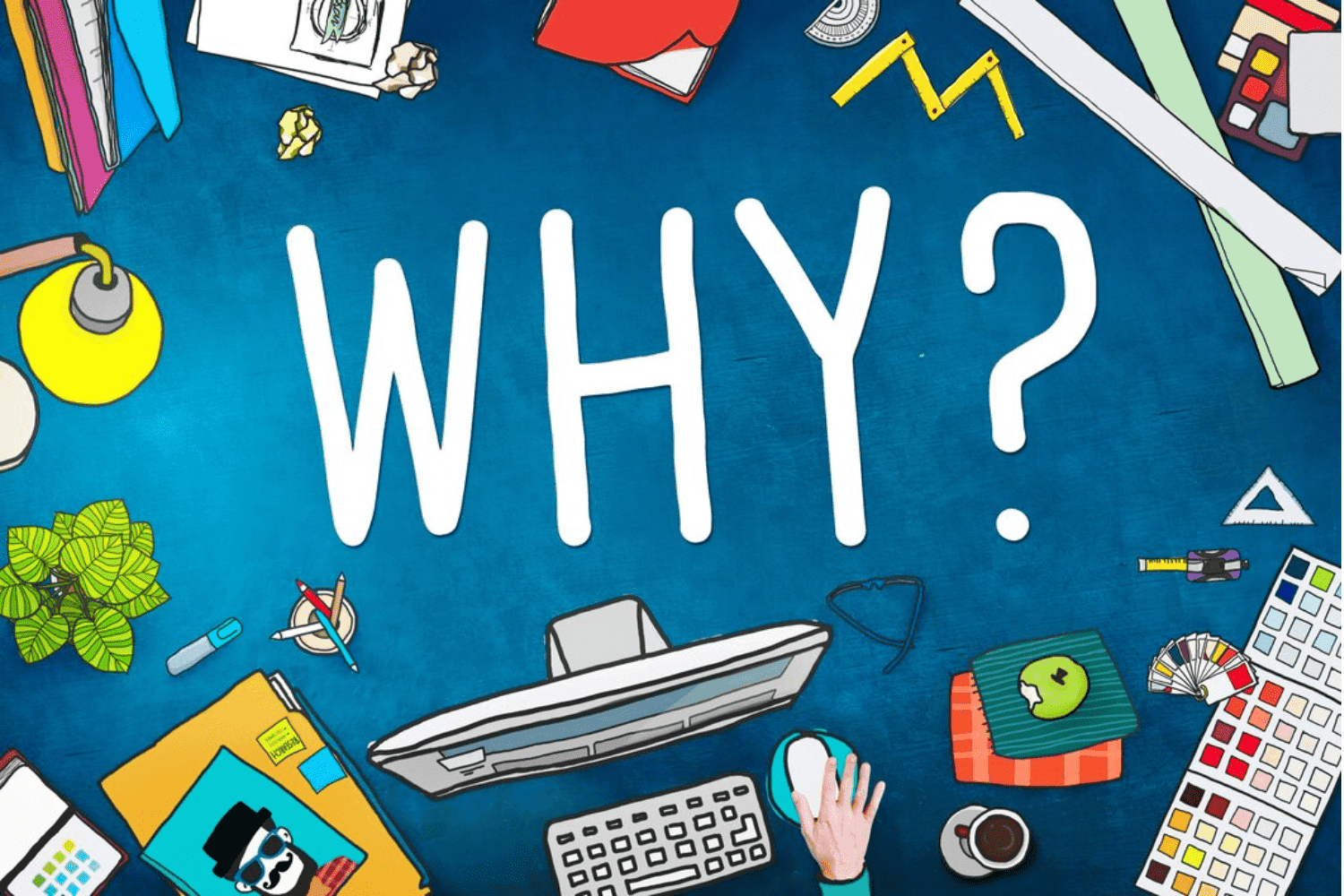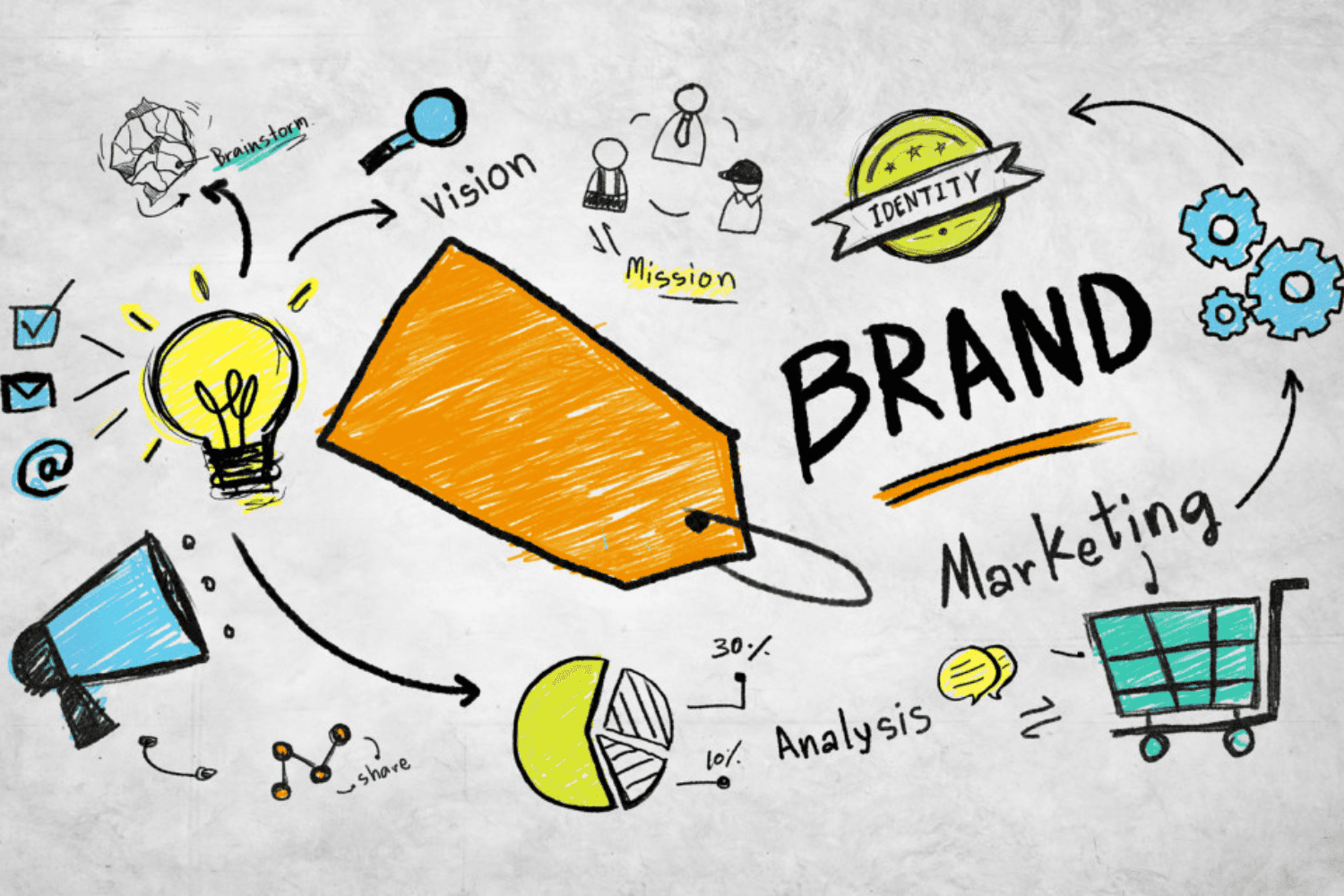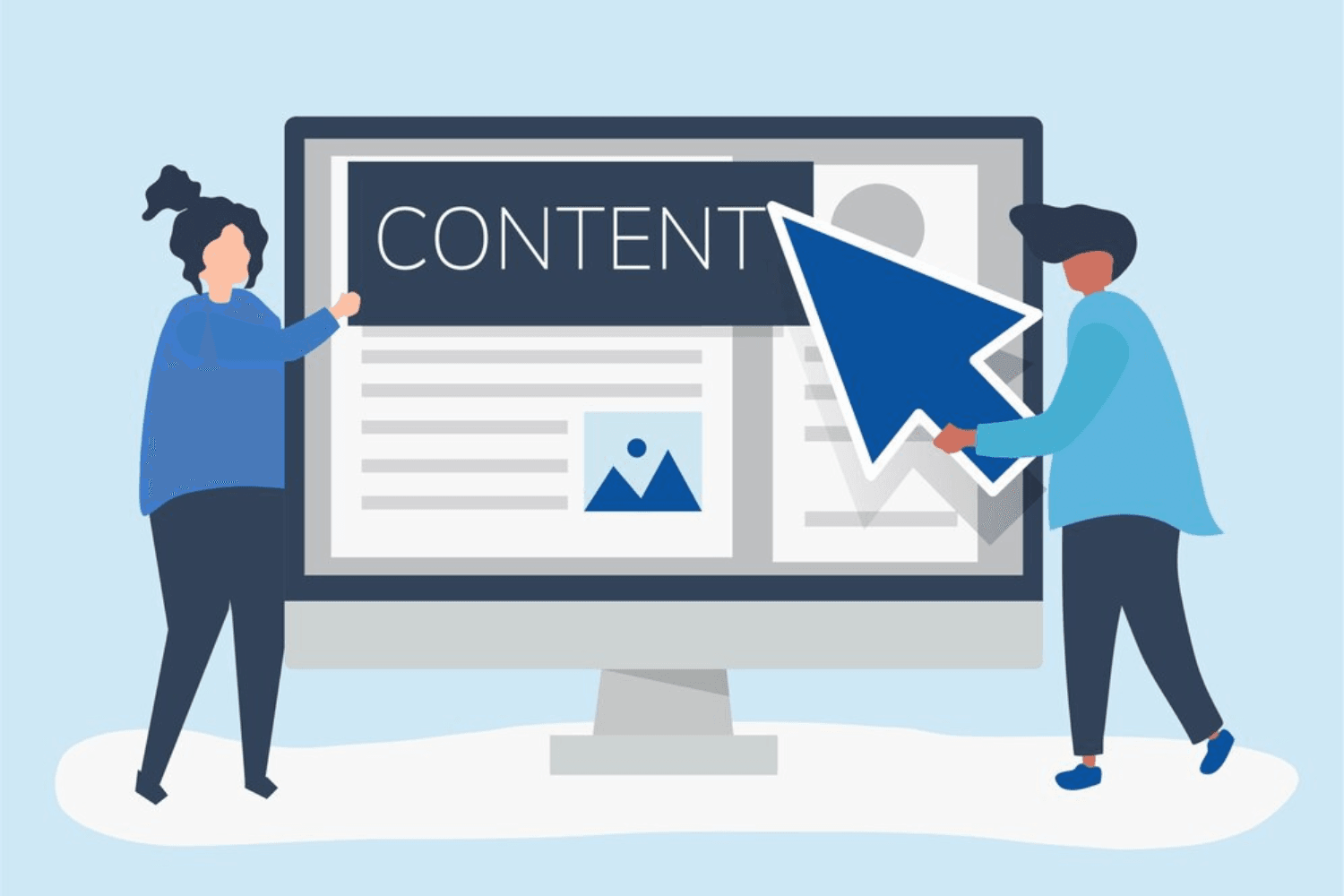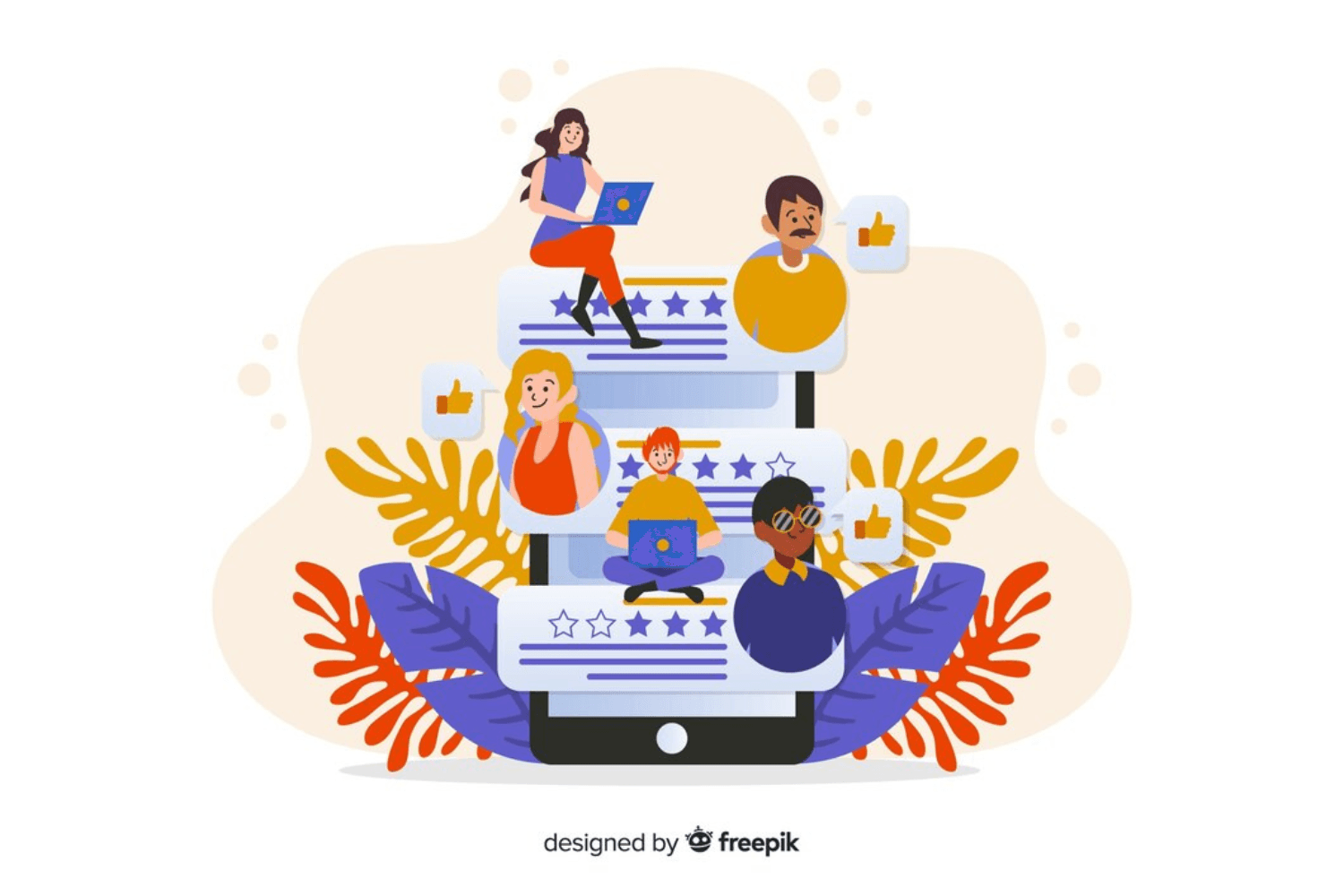Conference Marketing - Ideas, Importance & Promotional Strategies of Conference Marketing

Conference marketing facilitates networking, brand exposure, and lead generation by connecting professionals and showcasing expertise. It enhances brand recognition, attracts new customers, and establishes industry thought leadership.
Conferences provide insights into market trends and competitor strategies, aiding in strategic decision-making. Professional development opportunities ensure continuous learning and skill enhancement. In summary, conference marketing is a powerful avenue for businesses to promote themselves, expand their network, and drive growth effectively.
What Is Conference Marketing?

Conference marketing refers to the strategic promotion and participation of businesses in conferences, trade shows, conventions, and similar events to achieve various marketing objectives.
It involves activities such as sponsorship, booth exhibitions, speaking engagements, and networking to enhance brand visibility, generate leads, establish thought leadership, and foster relationships within the industry.
Conference marketing serves as a platform for businesses to showcase their products, services, and expertise while engaging with potential clients, partners, and stakeholders in a face-to-face setting. Overall, it plays a vital role in promoting businesses, driving growth, and staying competitive in the market.
Why Is Conference Marketing Important?

Conference marketing is integral to businesses, offering networking, brand exposure, and lead generation. Participation fosters valuable connections with industry professionals and clients, driving collaborations and growth opportunities.
These events enhance brand visibility, positioning companies uniquely in the market. Engaging interactions facilitate lead acquisition and customer engagement, boosting sales.
Conferences also establish thought leadership, building credibility and trust within industries. Moreover, they provide insights into market trends and competitor strategies, informing strategic decisions.
Professional development opportunities ensure attendees stay competitive and updated. In essence, conference marketing drives growth, innovation, and success for businesses.
6 Conference Marketing Ideas

1. Identify Your Target Audience

Understanding your target audience is crucial for effective conference promotion. Conduct thorough research to identify the demographics, interests, and needs of the attendees you want to engage with.
This knowledge will help tailor your messaging, content, and engagement strategies to resonate with your desired audience and maximise the impact of your conference presence.
2. Differentiate Your Audiences

Recognise that conference attendees may vary in their interests, roles, and needs. Segment your audience into distinct groups based on factors such as industry, job title, experience level, or pain points. Tailor your messaging, content, and engagement strategies to address the specific needs and preferences of each audience segment.
By understanding and catering to the diverse interests and requirements of different attendee groups, you can effectively capture their attention, build rapport, and drive meaningful interactions that lead to valuable outcomes for your business.
3. Create a Conference Website

Establish a comprehensive online platform dedicated to the event, offering attendees easy access to essential information. Feature detailed schedules, speaker profiles, and registration portals to streamline the attendee experience.
Integrate interactive elements such as session sign-ups and networking tools to facilitate engagement and connections among participants.
Showcase sponsors and partners prominently, providing them with valuable exposure and branding opportunities. Ensure the website's mobile responsiveness and user-friendly interface to accommodate diverse devices and preferences.
Continuously update the site with relevant content, announcements, and resources to maintain attendee interest and anticipation leading up to the event.
4. Build a Brand for Your Event

Develop a distinctive brand identity for your event that reflects its theme, values, and objectives. Create a compelling logo, color scheme, and visual elements that resonate with your target audience.
Utilise branded and customised products for promotion, such as merchandise, promotional materials, and giveaways, to reinforce your brand message and create a memorable experience for attendees.
Ensure consistency in branding across all marketing channels, including print materials, digital platforms, and event signage, to enhance brand recognition and recall.
Leverage branded products as effective promotional tools to increase visibility, attract attendees, and leave a lasting impression that extends beyond the event.
5. Diversify Your Marketing Content

Create a range of content types like blogs, videos, and infographics to engage diverse audience segments. Tailor content to address varying needs and preferences across different channels.
Use storytelling and interactive elements to enhance engagement and shareability. Monitor content performance and adjust strategies for optimization. By diversifying content, effectively reach and resonate with a wider audience, driving event awareness and participation.
6. Highlight Attendee Testimonials and Customer Stories

Showcase compelling testimonials and customer stories to validate the value of your event. Feature quotes, photos, or videos from satisfied attendees sharing their positive experiences and outcomes. Utilise these testimonials across your marketing channels, including social media, email campaigns, and website content.
Incorporate testimonials into promotional materials, presentations, and event collateral to build credibility and trust. Encourage attendees to share their experiences on social media and provide feedback to amplify the impact of testimonials.
By highlighting attendee testimonials, you can effectively inspire confidence, attract new participants, and foster a sense of community around your event.
How To Market a Conference?

1. Nail down your audience

Conduct thorough research to identify your target audience, considering demographics, interests, and pain points. Tailor your marketing efforts to resonate with this specific audience, crafting messaging and content that speaks directly to their needs and preferences.
Utilise tools like surveys, interviews, and data analysis to gain insights into your audience's behavior and preferences, ensuring your conference marketing efforts are targeted and effective.
2. Don’t forget about marketing to your existing customers

Your existing customer base is a valuable asset for conference promotion. Keep them engaged and informed about your upcoming event through targeted email campaigns, personalised invitations, and exclusive offers.
Highlight the value proposition of attending the conference and emphasise how it can benefit them personally and professionally. Leverage customer testimonials and success stories to showcase the positive experiences of past attendees and encourage participation.
3. Go all in with your social media promotions

Social media is a powerful tool for conference marketing, offering a platform to reach a wide audience and generate buzz around your event. Develop a comprehensive social media strategy that includes regular posts, updates, and announcements across relevant platforms such as Facebook, Twitter, LinkedIn, and Instagram.
Use engaging visuals, hashtags, and interactive content to capture attention and encourage engagement from your target audience. Leverage social media advertising to extend your reach and target specific demographics or interest groups effectively.
4. Leverage sponsors and speakers to increase your conference’s online reach

Collaborate with sponsors and speakers to amplify your conference marketing efforts and increase online visibility. Encourage sponsors to promote the event to their networks through social media, email newsletters, and website announcements.
Similarly, work closely with speakers to leverage their expertise and influence to attract attendees and generate excitement about the event.
Provide sponsors and speakers with promotional materials, graphics, and pre-written content to make it easy for them to promote the conference across their channels.
By harnessing the collective reach and influence of sponsors and speakers, you can significantly expand your conference's online reach and drive attendance.
Conclusion

In conclusion, effective conference marketing is essential for driving awareness, engagement, and attendance for your event. By understanding your target audience, leveraging existing customer relationships, utilising social media promotions, and collaborating with sponsors and speakers, you can maximise your conference's online reach and impact.
Additionally, creating a comprehensive conference website, building a strong brand identity, diversifying your marketing content, and highlighting attendee testimonials further enhance the success of your marketing efforts.
With a strategic approach and attention to detail, conference promotion can elevate your event and ensure its success in achieving your objectives and driving growth for your business.